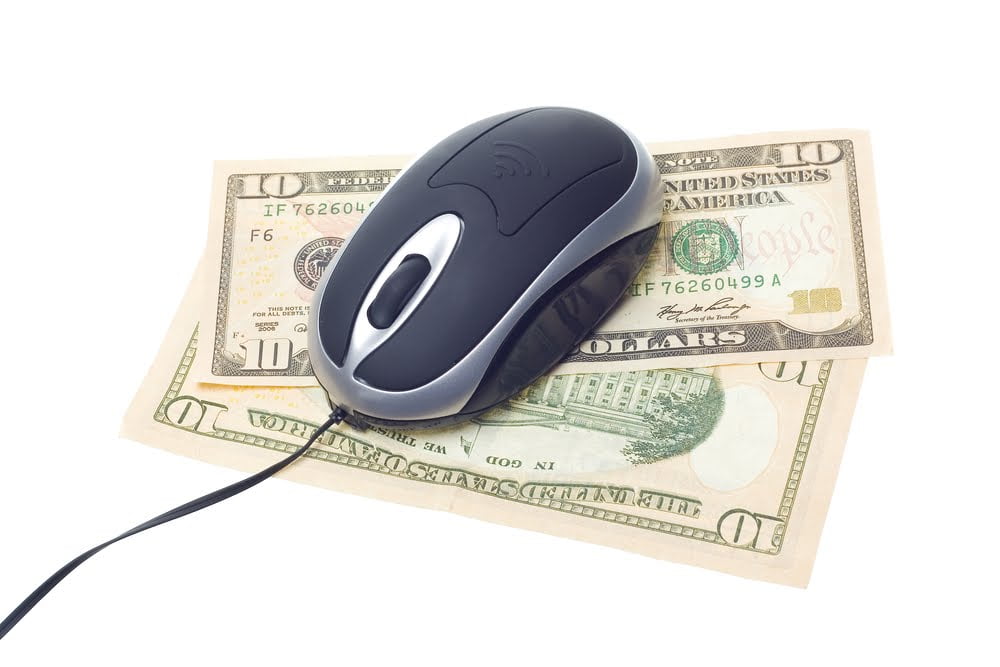 Thinking about starting a savings account? That's great news - especially in a time when the cost of living is rising, and many Australians are living paycheque-to-paycheque. Here are 4 questions you should ask before getting started to make sure that your online savings account is working for you.
Thinking about starting a savings account? That's great news - especially in a time when the cost of living is rising, and many Australians are living paycheque-to-paycheque. Here are 4 questions you should ask before getting started to make sure that your online savings account is working for you.
1) Is savings the best place to put your money right now? If you have any credit card debt, it is better to pay that off first rather that put funds into savings. Credit card interest rates can quickly spiral, so eliminate them ASAP. Then, when you're in the clear, consider putting extra funds into savings. Regardless, don't put money under your mattress, which some say is the best savings spot of all - any funds you put into an Australian bank are insured by the government.
2) What is your savings goal? Even if you just want to have an "emergency fund", declaring a savings goal can make it more likely that you actually do save. Also knowing what you're saving for can influence what kind of savings account you get – for example, if your savings goal is a long term, you can pick an account that charges you for too many withdrawals. Or maybe there's an account perfect for you but it has a minimum balance that you'll need to save first, and if you're going to use the money to buy a house, accounts with a minimum balance probably aren't so good.
3) What do your savings look like each pay period? Once you have your goal, you can then break down your savings into smaller, actionable sizes. For example, if want to have $10,000 in savings in a year, and you get paid fortnightly, you need to save around $400 a pay period - that's quite a lot, but perhaps that's a stretch goal for you. If you break it down into how much you save each time you get paid, it's easier to understand if your savings goals are achievable.
4) There's no perfect savings account, but what's the next best thing? Banks offer so many options when it comes to savings accounts, but there's nothing perfect. The next best thing is an account that matches your savings goal - some questions you should be asking:
- What are the maintenance fees? Are there any other possible charges or fees?
- What is the interest rate and how often is it compounded?
- Are there any penalties for taking out money, and if so what?
You'll want to compare your options, because the banks do compete quite heavily on savings, but usually on the headline figures - e.g. interest rate - so pay attention to the details. For example, "online saver" funds often have a great interest rate, but only for a few months before it lowers, making it a great deal only if you are starting your account out with a large deposit. In general, you'll probably want to avoid funds that have minimum balance requirements and fees, no matter how good the interest rate is. Frequent compound interest and a competitive interest rate are two of the most important factors for choosing the right savings account for you.
If you want to read more, here are some more saving tips.







